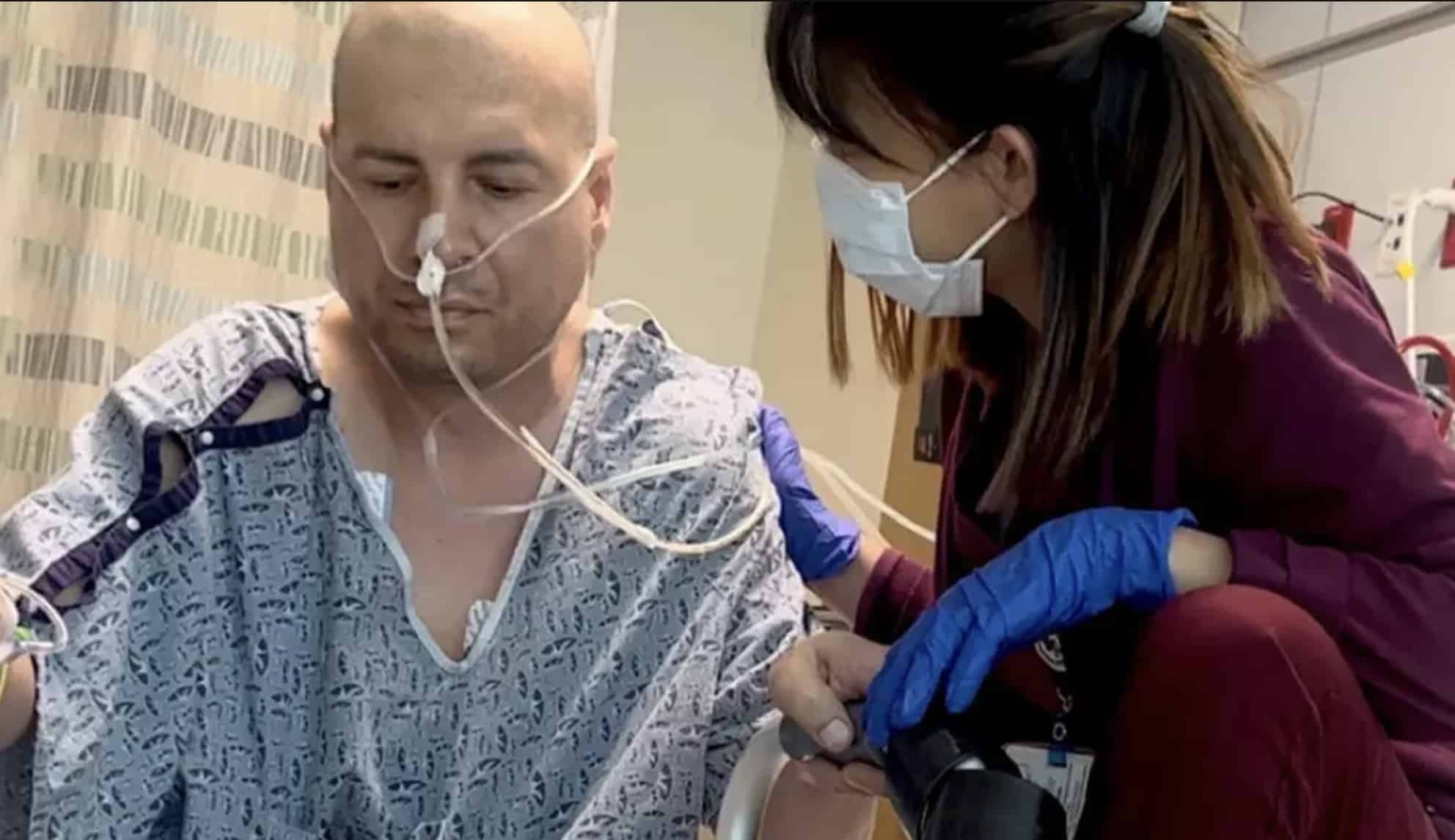
Mark Sevillano Jr., a 41-year-old resident of Santa Fe Springs, California, believed he was turning over a new leaf in 2024. Following a divorce in 2021 and the completion of his degree, he committed to a healthier lifestyle, exercising regularly and adopting a balanced diet. However, his renewed focus on wellbeing was soon overshadowed by a troubling symptom: difficulty swallowing.
Initially attributing the discomfort to stress or minor issues, Mark noticed that swallowing food became increasingly difficult. He relied on water to help push down meals and hoped the issue would pass. After two months with no improvement, he sought medical advice. Despite describing persistent symptoms — including an obstructed sensation when swallowing solids — the attending physician downplayed the concern. Citing Mark’s age and lack of family history, the doctor scheduled a delayed diagnostic test but expressed little urgency.
Mark’s condition deteriorated rapidly. He eventually became unable to swallow even liquids, prompting a visit to the emergency department. There, he received a shocking diagnosis: oesophageal cancer. The news was unexpected, as Mark had never considered such a possibility. Weight loss, which he had welcomed as a sign of his healthy lifestyle, was in fact a symptom of the disease.
In October, Mark underwent major surgery to remove approximately 15 centimetres of his oesophagus — more than half of the organ’s typical 25-centimetre length. The tumour was roughly the size of a medium strawberry. Surgeons reconstructed his digestive tract using a section of his upper small intestine to reconnect the remaining oesophagus.
Post-surgery, Mark underwent multiple rounds of chemotherapy to eliminate any remaining cancer cells. Today, he is cancer-free, though his journey is far from over. For the next five years, he will undergo routine imaging to monitor for recurrence.
Mark’s experience underscores the importance of listening to one’s body and advocating for thorough medical evaluation, even when initial concerns are dismissed. His story serves as a cautionary tale about the dangers of delayed diagnosis and the resilience required to confront life-threatening illness.

